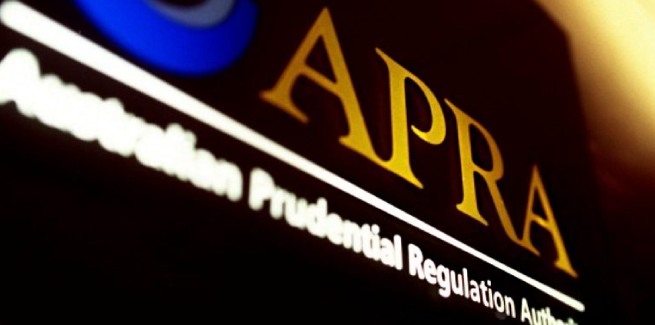The Australian Prudential Regulation Authority (APRA) has authorised IBA Group Pty Ltd – trading as Islamic Bank Australia – as a restricted authorised deposit-taking institution (restricted ADI) under the Banking Act 1959.
It becomes the first Islamic bank in Australia, with all its banking products endorsed by “prominent Shariah scholars”.
Islamic finance is based on a belief that money should not have any value itself, with transactions within an Islamic banking system needing to be compliant with shariah (the laws that form part of the Islamic tradition).
Sharia law prohibits interest from being paid or earned, meaning that traditional loan products may not be an option for Muslim borrowers.
Other Islamic financiers currently operate in the non-bank space, such as Hejaz Financial Services.
While Islamic Bank Australia is not yet open for business, the restricted ADI enables it to build and test systems and then offer products to a small number of real customers.
The main restriction is that it can only accept up to $2 million in deposits during the restricted period.
Restricted ADIs are expected to move to become standard ADIs within this two-year period. The Parramatta-based bank was founded by 13 Muslims who wanted to provide Islamic banking to Australian Muslims.
Australia’s Muslim population grew from 2.6 per cent in 2016 to 3.2 per cent of all Australians in the recent 2021 census.
Islamic Bank Australia is backed by the 13 founder shareholders as well as Abreco Group, a UAE-based company.
The bank is led by Dean Gillespie (chief executive), and Anthony Wamsteker (chair).
Mr Gillespie has a range of retail banking experience, including as a former head of home loan distribution at CBA and former head of mortgages at Bankwest. Mr Wamsteker was the CEO who founded ME Bank.
Speaking to Mortgage Business, Mr Gillespie said: “I’ve always been passionate about supporting the Muslim community and I have a lot of Muslim friends. I think the fact that we don’t have this type of banking in Australia that exists everywhere else throughout the world, is something that’s fundamentally inconsistent with the fact that we live in a very multicultural society in Australia.
“I’m just really excited that for the 3 per cent of Aussies [who are Muslim], we’ll be putting together a way for them to actually do their banking in line with their faith.
“With the number of Muslims in Australia growing by more than 6 per cent every year, we’re excited to be bringing this new type of banking to the Australian community.
“Islamic banks are incredibly popular worldwide because of the ethical way they interact with customers. It’s more like a partnership where both the bank and the customers share the benefits.”
Islamic Bank Australia will first launch retail/personal banking with an everyday bank account, savings product and home finance, before moving into business banking after a full licence is received.
The home finance product will operate under a co-ownership model, whereby the customer will purchase a portion of the property and the bank will buy the remainder. The customer will then pay the bank rent (rather than interest) until they have bought back the remaining equity.
“There’s no interest. If you open a savings account with us, we’ll use your funds in ethical income-generating activities, and then share these profits with you. It’s a totally new way to think about banking,” said Mr Gillespie.
Islamic Bank Australia’s chair, Mr Wamsteker, said: “This is a big milestone for Australia as it provides choice, introduces diversity in Australian banking products, and provides financial inclusion for the Islamic community.”
While Islamic Bank Australia caters for Muslims, the bank has said it will be “inclusive” – so customers need not be Muslim in order to bank with them.
The rocky road for RADIs
Islamic Bank Australia becomes the latest bank to be granted a RADI licence – however, several RADIs have closed up shop since launch.
Volt Bank became the latest neo-lender to hand back its licence in recent years – after closing accounts on Tuesday (5 July).
In 2020, Xinja Bank completed its return of customer deposits and transferred the remaining tail of deposits to National Australia Bank (NAB) after making the shock announcement that it would hand back its banking licence and cease offering banking products.
At the time of the announcement, Xinja had 37,884 customers with 54,357 individual deposits worth more than $252 million.
Following Xinja’s exit, APRA brought in “stronger requirements” for those wishing to be granted a banking licence.
New banking entrants now need to launch both an income-generating asset product and a deposit product before they can secure a full licence, under APRA’s new standards.
APRA has now said that, before a bank can even gain a restricted ADI (RADI) licence, new entrants will need to present a business plan, as well as a plan to meet the prudential framework for new ADIs within a period of two years, including launch of products, and a contingency plan, which includes at least one option to execute an orderly and solvent exit from banking.
[Related: Fintech launches Islamic banking prototype]
